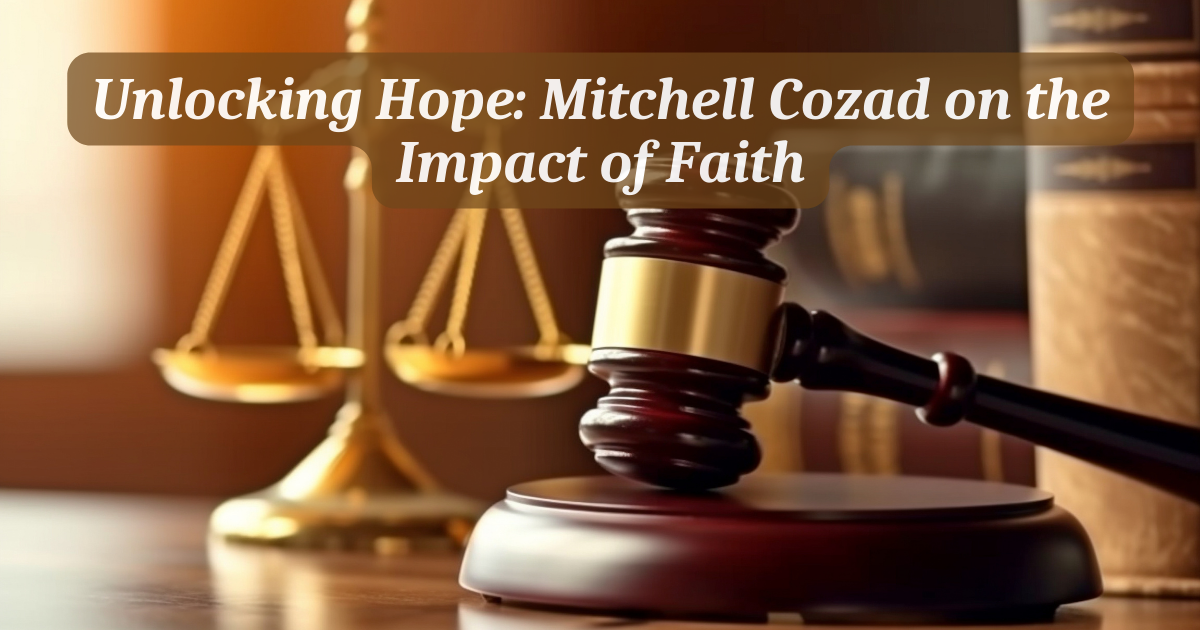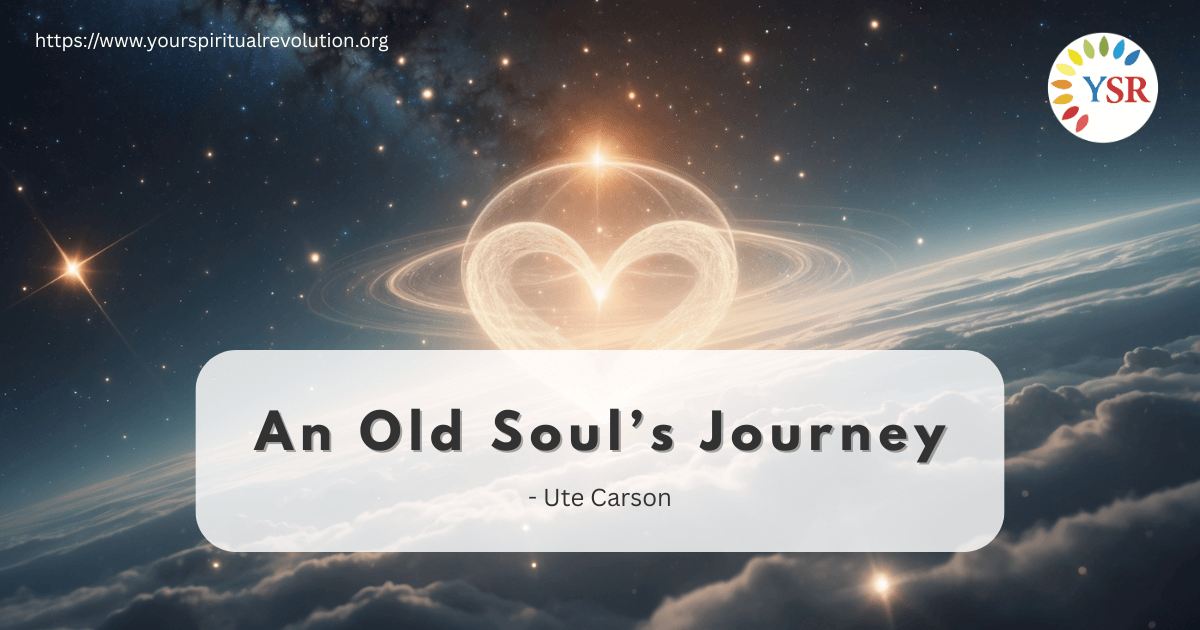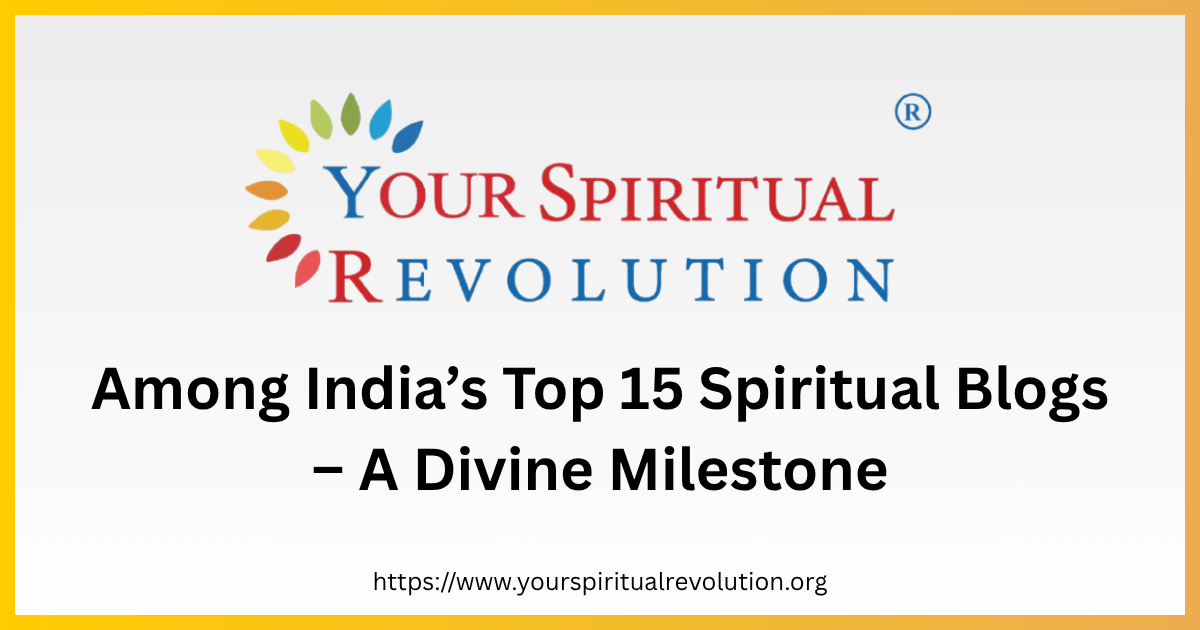When you have lost your freedom and your life has been reduced to the inside of a prison, it can be difficult to believe that anything better awaits you. This is especially true when you know that once you are released, you will likely have difficulty finding meaningful work and a place to live.
Mitchell Cozad, who served time for assault and now works as an attorney, understands how many inmates feel when they try to plan for their futures. He says, however, that when he was incarcerated, he had two things in particular that kept him going: his faith in God and his goal of becoming an
attorney.
“Prison in general is not a place that inspires dreams or goals – instead, you have to choose to seek them out,” Cozad says. “You have to keep your mind focused and positive and try to plan for something better. That is the first step of faith you take: believing that despite everything, you really can rebuild your life and emerge stronger.”
In the early days of his incarceration, Cozad spent a lot of time wondering what he would do once he was free. His days of peeling potatoes in the kitchen, handing out sports equipment in the yard, and working in the library were going to end eventually. He wanted to be able to contribute to society and set himself on a much stronger path. He just wasn’t quite sure what that was.
“One day, I asked God for help,” Cozad reveals. “I figured if anyone could show me the right road to take, it had to be Him. So, I placed my future in His hands, and He showed me a vision: I would become an attorney. I kept that vision in front of me, consistently moving toward it one step at a time.”
During one of the monotonous days of his incarceration, Cozad stumbled upon a beacon of light in a Joel Osteen book from the prison library. Its sermons, deeply aligned with Scripture, offered hope and a new perspective on positive thinking and faith. Osteen’s belief that life’s obstacles are detours towards greater purposes resonated with Cozad, helping him see challenges not as barriers but as steps towards growth and redemption. This shift in perspective, echoing scriptural truths, ignited hope in Cozad, setting him on a
transformative path.
Cozad had been doing a lot of listening as he got to know other inmates, and what he had learned concerned him. While the reasons for each person’s incarceration were different, there was often a common denominator, which could be one or more of the following: poverty, lack of education, or addiction.
It was substances that ensnared Cozad, altering his moods and behavior, and ultimately leading to the actions that landed him in trouble. This period of his life was marked by a profound struggle, as the effects of substance abuse overshadowed his choices and eroded his hope. Yet, it was within the confines of his cell that Cozad’s journey toward transformation began. In his darkest moments, he reached out to God, seeking liberation from the chains that had entangled him.
This earnest plea for guidance marked a pivotal turn in Cozad’s life. The more he leaned into his faith, the more he recognized the power of God’s grace. It was this divine intervention that illuminated the path to self-forgiveness and renewal. Cozad’s story is a testament to the strength found in vulnerability and the transformative power of faith and perseverance.
“I started to think that maybe I could help with this in some way when I got out,” Cozad recalls. “I started to see my vision reveal itself when some of the post-conviction motions that I had written for others were granted.”
He did not share his vision with anyone except his parents. “I don’t believe in allowing myself to feel self-doubt,” Cozad says. “However, I am still only human. I knew that if I shared my goal, I would be taking the risk of some small-minded person speaking against it, and that could cause me to doubt myself. That could derail my goals, and I couldn’t let that happen. God had put it in my heart, not theirs, and I had to go after it with everything I had.”
To keep himself focused, Cozad wrote down what he wanted to do with his life and envisioned it. This included being an attorney, taking better care of his emotional and physical health, and hiking in Colorado’s beautiful mountains once he was released.
“Then I looked at the list when I woke up every morning and before I went to bed every night,” Cozad says. “Envisioning what I was going to do, no matter what, helped me to focus, believe it was all possible, and go forward.”
That habit would stay with him over the years as he returned to school after his release and earned his bachelor’s, master’s, and Juris Doctor degrees. “I have made a lot of lists since that first one,” Cozad smiles. “I have kept on making new goals and accomplishing them. Visualization is a great way for anyone to do that.”
Cozad believes that God has made him tougher so that he could get to where he is today: helping indigent clients have the best defense possible. Even though he didn’t understand or appreciate the road he was on, it was the road he had to take. In following the vision that God provided him, he developed his faith and his relationship with Him, and that, he says, will take him into the future, one that will undoubtedly continue to test him even as it reveals new blessings.










































































